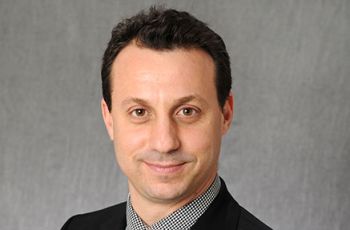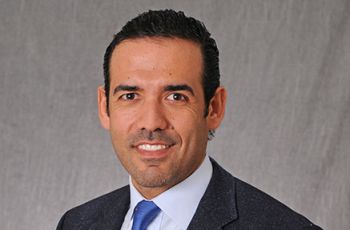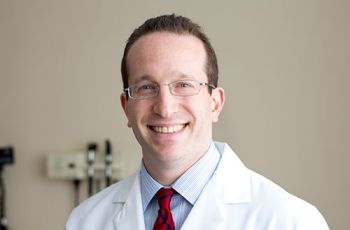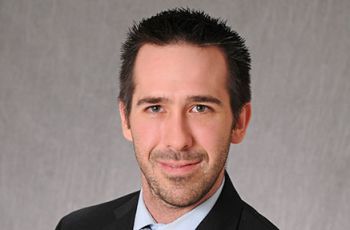Press Releases
The GW Cancer Center is pleased to welcome a team of internationally-recognized experts who together will lead the expanded Bone Marrow Transplant and Cell Therapies Program.
The GW Rodham Institute now serves as the home of the Maryland Regional Direct Services Collaborative. This new partnership greatly expands and strengthens its ability toward assuring the availability of well-trained direct services workforce throughout Washington, D.C., and Maryland.
The GW Cancer Center is pleased to announce that Catherine Bollard, MD, has been appointed as the associate center director for translational research and innovation.
A recent clinical trial at GW showed no significant support for tamsulosin use for kidney stone passage.
Experts at GW, led by Gaby Moawad, MD, assistant professor of obstetrics and gynecology at the GW SMHS, outlined some of the concerns and proposed solutions for choosing a gynecologic surgeon in an article recently published in the Journal of Minimally Invasive Gynecology.
A team led by Leigh Frame, PhD, MHS, director for the Integrative Medicine Program at the GW School of Medicine and Health Sciences, published a review on the ethical implications of placebo group use in Nutrients, where she looked at various studies in the developing field of vitamin D research.
A team of researchers at the GW School of Medicine and Health Sciences compared the toxicological impact of cryosurgery with an FDA-approved topical 40 percent hydrogen peroxide solution (A-101) for the treatment of seborrheic keratosis, in human skin equivalents derived from darker skin types. The…
Daniel Yang, PhD, assistant research professor of pediatrics, published in Autism Research finding that a clinician-driven virtual learning platform, tailored to young adults on the autism spectrum, shows improved social competency.
The National Institutes of Health recently awarded more than $2.4 million to a research team at the GW School of Medicine and Health Sciences, to study how cell stress in the brain could impact the risk of obesity-induced hypertension.
Katherine Chretien, MD, assistant dean for student affairs and associate professor of medicine, created a guidebook for those navigating both medical careers and motherhood, based on her popular blog and online community, Mothers in Medicine.





